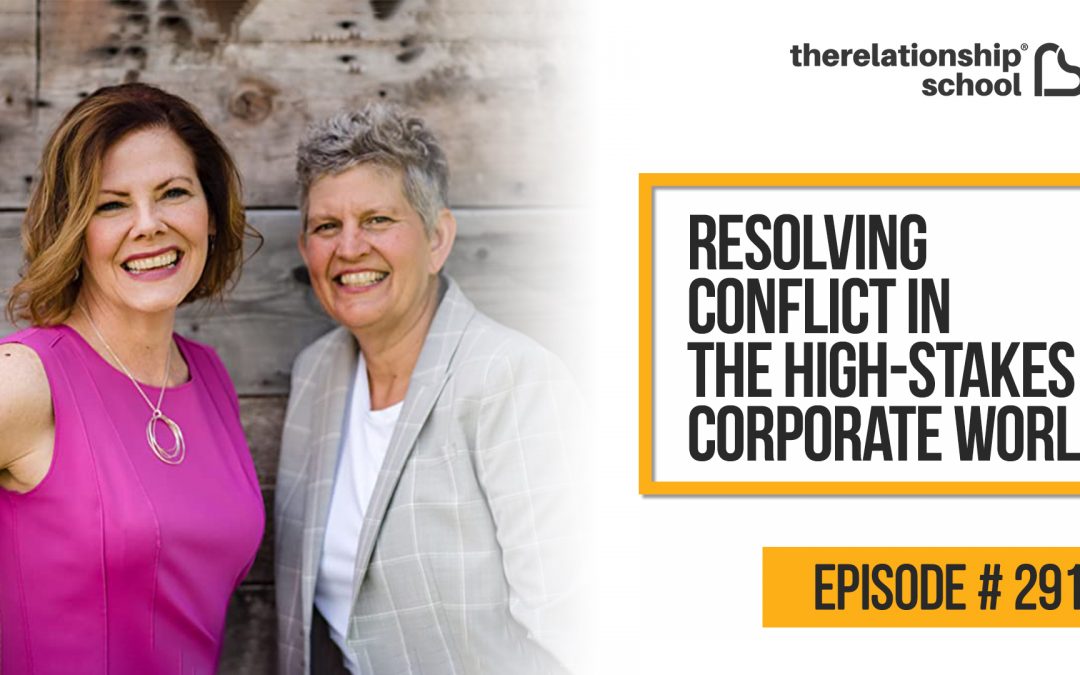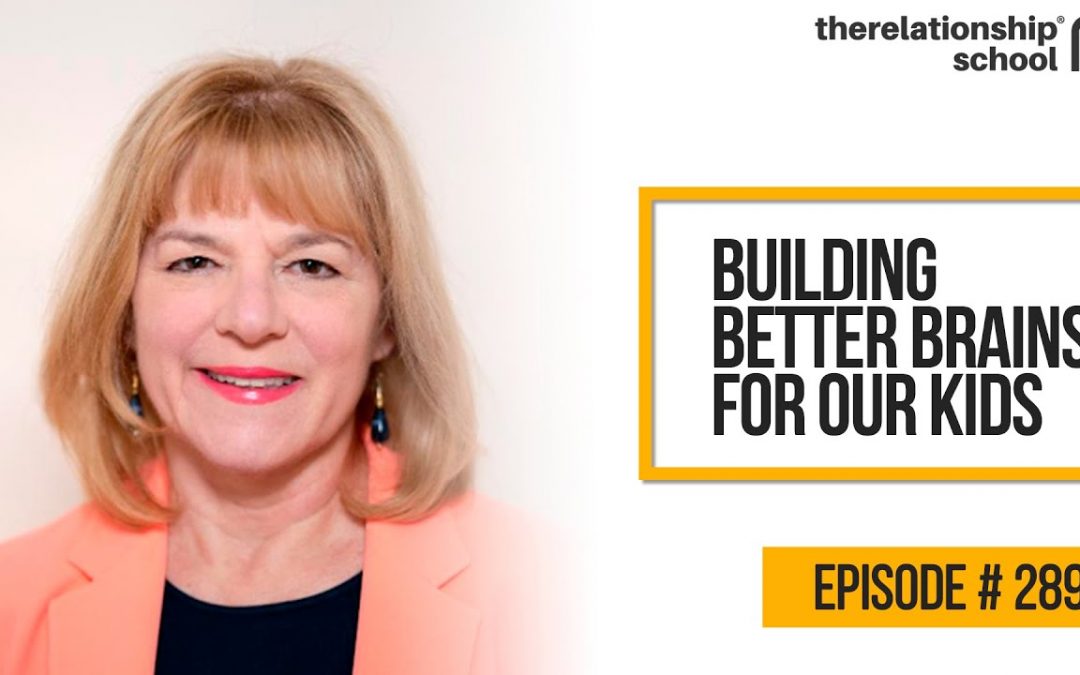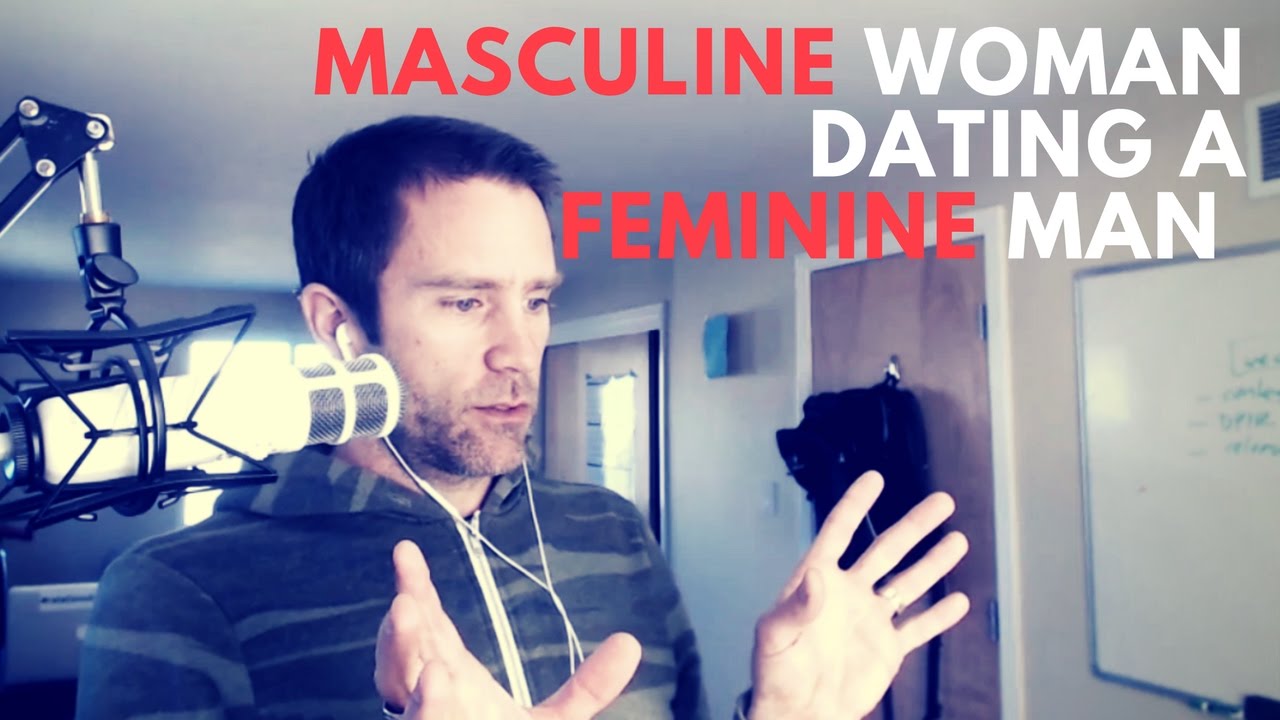Setting Boundaries with Dysfunctional Family Members
Family dynamics are complicated. This is an area many people find challenging, but it really is the root of who we are. These are the first people who populated your world and dealing with them as an adult can be tough. Whether you had an extremely abusive childhood or one with just a couple of small hiccups along the way, interacting with the original players in your life can sometimes be tricky. As children, we get this chronic download of how to do relationships from these people and the outcome isn’t always pleasant.
Defining Dysfunctional and Setting Boundaries
The term ‘dysfunctional’ is different for each person, but the journey of setting boundaries with family members is just as crucial. For you, the trouble might be with a bossy older sister or an alcoholic, workaholic father. Someone else might have a mother who is alright on the surface but very emotionally unavailable. You might have good boundaries outside your family of origin. But the moment you return home for the holidays or a family vacation, that all goes out the window and you fall into the same patterns you’ve experienced your entire life—like going back in a time machine. According to Terri Cole, a friend who I’ve interviewed a few times on the podcast, people just don’t have the language with their family members to speak truthfully. Adult children sometimes don’t always voice their opinions and take care of themselves to put these boundaries in place which creates problems in the long haul.
Why Setting Boundaries is Important to the Relationship and Your Sanity
In order to set boundaries, you really have to question the status quo. Is what you are doing what you really want to do or are you doing it to please someone else? Do an inventory by asking yourself what has sucked for years? What is a toxic situation that you’ve dealt with for a long time and how can you make a change? The key is to look at things from your grownup self and decide if you really need to do what you’re being asked to do—whether it is the whole family having Christmas morning at grandma’s house or going to a beach vacation at a house with black mold that can affect your health. It could be something even smaller like forgoing a family tradition to do something that your kids really want to do, but you haven’t had the opportunity to enjoy because of not setting boundaries with certain members of your family. Of course, situational boundaries like who goes where for what holiday are easy. But how do you tell if you haven’t set any or enough boundaries with family members? Resentment is usually a key indicator. You keep letting them control you and tell you what to do. This is where you have to take a step back and remember that you’re the adult here. You have the power and it might be pretty unconscious to just go along with what they are asking, but the truth is that you don’t have to betray yourself like this. You have to look at your grown-up self and ask… Do I really need to do this? And what does it cost me? – Terri Cole
Walking Away from Conversations with Difficult Family Members
We’ve all been there. We see family members at holidays or on vacations for the first time in a few years and we get questions about when we are getting married. Or having babies. Or getting a new job. The list goes on, but you get the point. These are things we really don’t want to discuss with people we barely interact with in our adult lives. Instead of punching Aunt Bertha in the face for asking a crazy rude or intrusive question, there are a few things you can do to avoid these conversations. 1.Question the Questioner’s Question. Don’t answer and instead use cues to keep from giving them the satisfaction of your answer. Mirror the question and you can use humor if you need to. When you flip the question around from a paradigmatic point of view, you are taking back the power and setting that boundary. Remember, you don’t need to justify squat to people. For example, “Are you really asking me this right now in front of our entire family?” 2. Use Humor to Deflect. This is a fun way to turn the power dynamics around, but it largely has to do with your personality and individual wit. If a family member asks you when you’re finally getting married, provide a humoristic response like, “Wait. You didn’t get your invitation?” Doing so gives you control back while letting the other person know that maybe their question wasn’t as appropriate as they initially thought it was. 3. You Have Permission to Exit Conversations. Remember, you are an adult. You have permission to avoid any conversation that is intrusive or rude or that you simply don’t want to have. There’s no standard to have to be the “good” person and be polite if it doesn’t make you comfortable.
Take a Break and Avoid Family Situations Altogether
Remember, you do have the choice to avoid these situations altogether. Skipping out one the holidays or events to save your sanity is definitely an option—it still communicates a message about boundaries, just not as clearly. With a family that is super toxic, this is one way to cut off ties and make it easier to thrive without their input. But if the family dysfunction you’re experiencing isn’t that drastic, it might be better to just establish your own dominance through better communication.
Wrapping It Up
So, what do you do when you have this dysfunctional relationship with individual family members or people in your life as a whole? It is important to remember that you’re the grownup here and that your actions and words set the tone for how these interactions go. Setting boundaries and being clear about what you’re willing to do or discuss is important—not just for the time period you’re around family, but also your own peace of mind. Get ready to learn more with online classes from The Relationship School.
5 Signs You’re in An Insecure Relationship
Whether it’s about dinner reservations or dirty socks in the middle of the floor, arguments in relationships happen. Some come and go as quickly as the wind. But others, well, they leave us feeling like the relationship is on shaky ground. Or even that the relationship may be over.
While that feeling may seem to have come from a single conversation, that’s typically not the case. The relationship may not have been stable all along, and the fight was just the straw that really broke the proverbial camel’s back — and made it feel as if your relationship world was doomed.
Yes, it’s an awful feeling. It might even feel hopeless, but it’s not. You can do something about it. The first thing you want to do is review your relationship to check for these five signs to see if your partnership is truly insecure. This will help you eliminate unnecessary fights and second guessing.
Defining ‘Insecure’
Before we dive into the five signs of an insecure relationship, let’s nail down what we mean by insecure. We’re not talking about those insecure feelings we all get from time to time, feelings usually associated with having to do something that we are not good at being thrown in the middle of a ballet class. Unless you’ve had ballet training in the past, you’re likely to feel a bit insecure if you were suddenly asked to start spinning around on your toes. So no, we’re not talking about that kind of insecurity.
We’re talking about feeling insecure in an intimate partnership. Feeling that the relationship is unstable, shaky or on shaky ground. You know what it feels like to come home to a shaky foundation. Or get in a fight during a date, then feel like the relationship is just crumbling. You start to question the entire relationship:
- Do I want to be with this person?
- Does this person want to be with me?
This type of insecurity is all about attachment, which is a bond we create with a life partner. When this attachment bond is insecure, it causes a lot of stress and a lot of problems. In short, it sucks.
Now we can get to the five signs that can help you determine if that’s where your relationship is at.
#1: You’re Not Emotionally Safe and Relaxed
Instead of feeling emotionally secure and calm, you experience the opposite. You feel tense, tight, distant, shut down, withdrawn. You feel “off.” You know that feeling of off, as if something is just not right. Well, what’s not right is the relationship.
That’s because you don’t feel like you can open your heart and be vulnerable. You’re too afraid of how the other person may react — or that they’ll hurt you if you give them a glimpse of your vulnerability.
This feeling of being emotionally unsafe may crop up once in a while, but it’s really a problem when that’s how you feel in your relationship every day. If the overall vibe in the relationship doesn’t feel safe, the relationship is likely an insecure one.
#2: You Don’t Feel Seen
Another sign of an insecure relationship is not feeling seen or known for who you are. You feel like a ghost or, worse yet, invisible. Some of us may have grown up in families where children didn’t feel seen by the big people. That’s a painful place.
In such cases, we came up with strategies to get seen, to get noticed, and to get loved. Our strategies helped, but they were not always positive strategies and in fact, later in life, they can get in our way.
#3: You Don’t Feel Reassured After A Fight
Fights, arguments, and distance happen. We’re human, and humans tend to disagree from time to time. The problem comes if you don’t feel calmed or soothed after a disagreement or rupture in the connection. In a stable relationship, both partners want to make it right, make it better. So, they’re coming back to the table with what they’re willing to do to make that happen.
In an insecure relationship, you might be giving this, but not receiving it. You’re getting silence. Distance, resistance or blame. You’re left in an open-ended lurch that may not feel like it has a resolution. That breeds insecurity for sure. When fights continue to not get repaired over and over, you’ll end up with insecurity all over the place.
#4: You Don’t Feel Supported or Challenged
Healthy relationships challenge you and they support you. Not with a confrontational challenge, but with a challenge that would have you be your best self. In the case of insecurity, your partner is not someone who is cheering you on to be your best. They’re absolutely fine with your mediocrity. Rather than encouraging you to move onward and upward, they may instead want you to chill and stay stuck in your comfort zone or victim seat. You might hear something like: “Can’t we just watch TV and relax here?”
In a secure partnership, both partners support each other by believing in each other and helping each other reach individual goals and dreams.
#5: You Feel Like You Can’t Express Yourself
While the second sign involves not feeling seen for who you are every day, this last one deals with feeling like you can’t express your truth. You feel stifled, like you can’t be you. Who knows how the other person may react? You could be ridiculed, shunned — or worse (if there is a worse thing than ridiculed and shunned).
Imagine a relationship where you can’t express what you want? Ouch. A lot of us grew up on families like that and now we’re with a partner where we hold back our truth? Yikes. This serves to create more insecurity.
So Now What?
Now that you may have spotted one or more of these signs in your own relationship, the first inclination may be to blame your partner for this. You might automatically proclaim that THEY make you feel this way. It’s THEIR fault you don’t feel emotionally safe, seen, supported, challenged or able to express yourself.
But hold on… That’s the habitual victim stance. The work for you is to not play the victim and instead do something about it in a way you’ve never tried before.
Let’s assume your old way doesn’t work. So, try a new way?
Be sure to listen to this podcast here on reclaiming your needs. Doing so will help you move from an insecure to secure partnership.
If you’re somehow stifling your truth, that’s your problem. If you think someone is going to hurt you if you express your truth, it may be better to move on. If you are with someone very unsafe, you must learn to get out of that relationship, or you’ll remain trapped in hurtful relationships.
You have a role in all this. In fact, you have a responsibility. Your job is to own your needs for security, become a relational leader, to learn, grow and develop yourself so you can contribute to and enjoy the secure relationship we all deserve.
As kids security should be given. But as adults security is earned, not given, so we must learn how to create a partnership that is mutually loving and secure.
Get started now with classes from The Relationship School’s virtual weekend workshop Accepted & Connected.
















